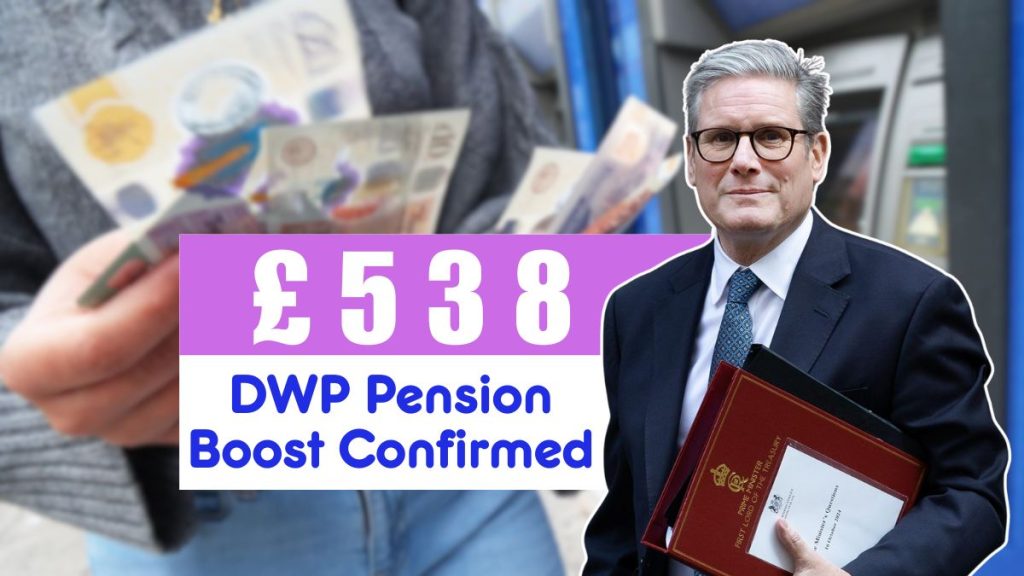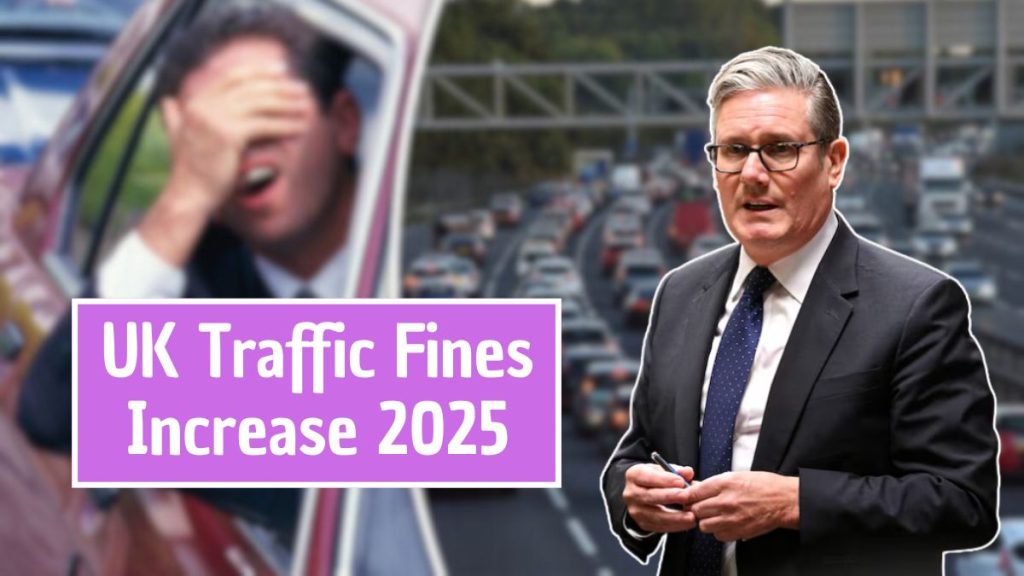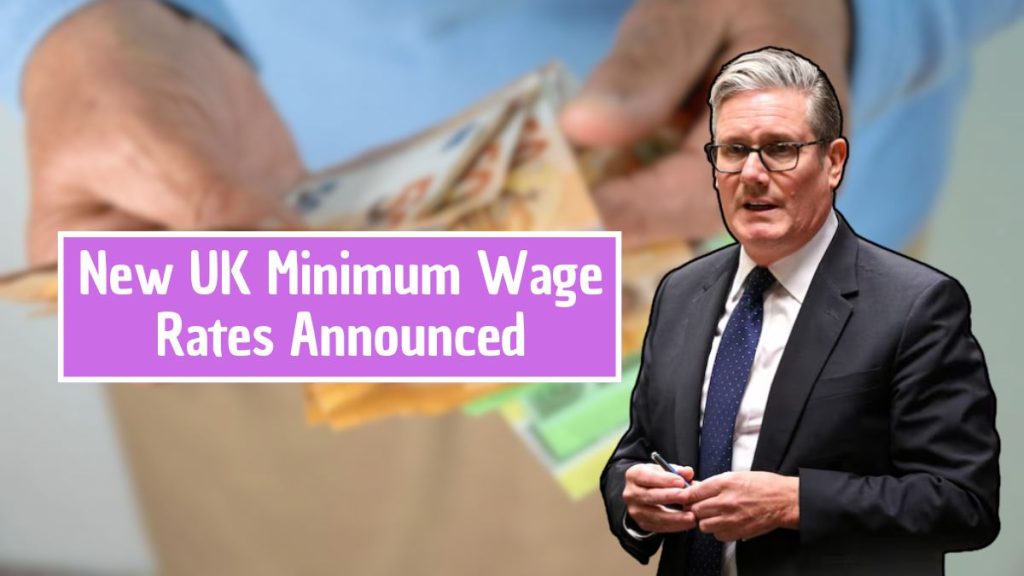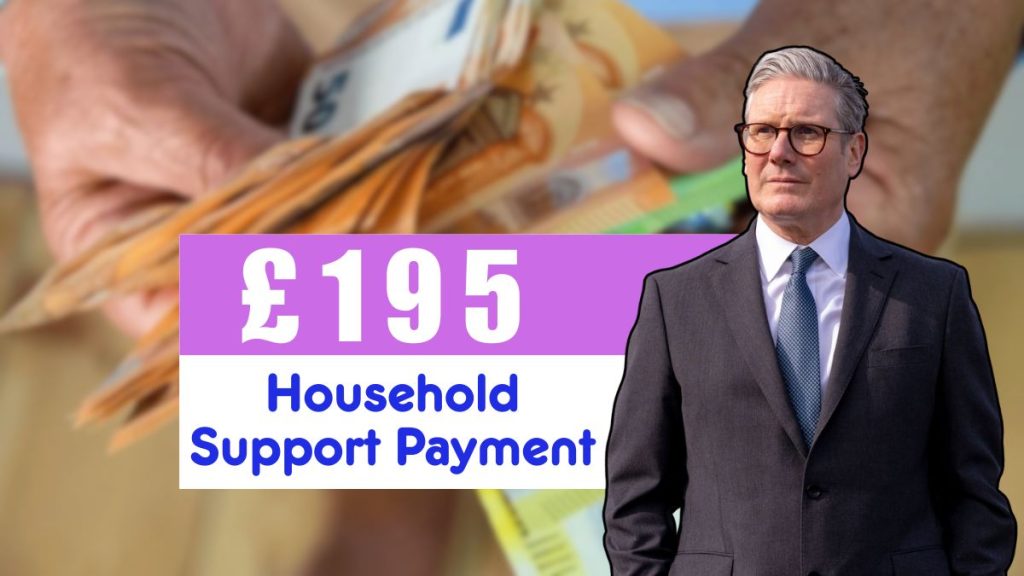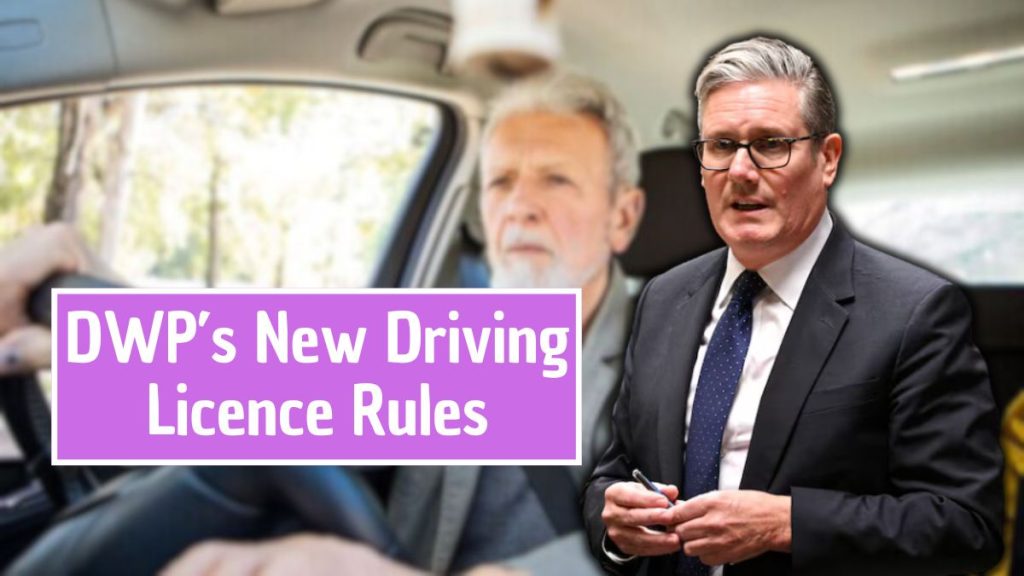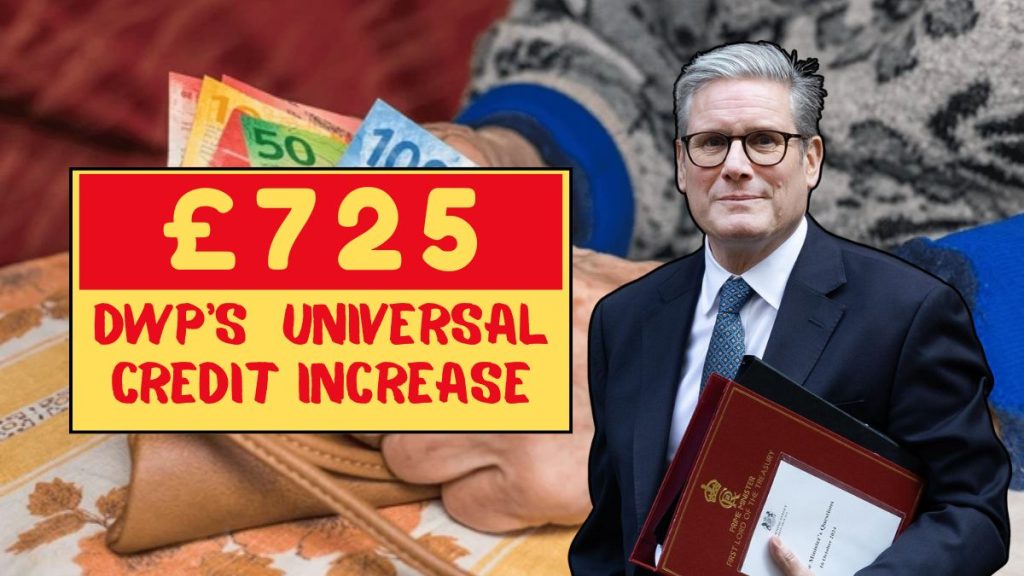The UK government has introduced the £195 Household Support Fund to provide crucial help for households battling the rising cost of living. Administered by the Department for Work and Pensions (DWP), the scheme offers direct financial assistance for families and individuals struggling to afford essentials such as food, heating, and utility bills.
As living costs continue to strain low-income families, this one-off support aims to ease immediate financial pressures and prevent vulnerable households from falling deeper into debt.
What is the £195 Household Support Fund?

The £195 Household Support Fund is a temporary financial initiative created to support people facing financial hardship. Unlike long-term benefits, it is a short-term, one-off payment meant to cover essential household costs and provide relief during ongoing economic challenges.
The DWP manages the fund, but local councils are responsible for distributing payments to eligible residents. This ensures that help reaches those most in need — from pensioners on fixed incomes to working families struggling to pay bills.
Why the Fund Was Created
Rising energy prices, food costs, and housing expenses have left many UK households struggling to cope. The government established the Household Support Fund as part of a broader strategy to tackle the cost-of-living crisis, ensuring vulnerable groups receive financial help quickly and fairly.
The fund also reflects the government’s focus on localised decision-making, allowing councils to tailor their support to the specific needs of their communities.
Who Qualifies for the £195 Payment?
Eligibility for the fund depends on several factors, primarily income, benefits, and household circumstances. While the DWP oversees national guidance, local councils make the final eligibility decisions.
You may qualify if you fall into one or more of the following categories:
- You receive means-tested benefits, such as Universal Credit, Pension Credit, or Housing Benefit.
- You are part of a low-income household struggling to meet essential living expenses.
- You are a pensioner on a limited income needing support for daily costs.
- You have children and face difficulties paying for food, clothing, or school essentials.
Each local council may have slightly different rules, so it’s crucial to check your local authority’s website for council-specific eligibility details.
How to Apply for the £195 Household Support Fund
Applying for the £195 payment is simple but requires careful attention to ensure your application is accepted without delay.
Step 1: Check Local Council Announcements
Local councils post official updates about the fund, including eligibility rules, opening dates, and application deadlines. Visit your council’s website or contact their support office directly.
Step 2: Gather Required Documents
You will likely need:
- Proof of income or benefits (e.g., Universal Credit statement).
- Photo ID such as a passport or driver’s licence.
- Recent utility bills or tenancy agreements (if requested).
Step 3: Submit Your Application
Most councils prefer online applications, though paper forms or in-person submissions may also be accepted. Ensure all required documents are uploaded correctly.
Step 4: Wait for Confirmation
Once submitted, your local council will assess your claim. If approved, they’ll notify you of your payment date and how funds will be delivered — usually via direct bank transfer.
What the £195 Fund Covers
The Household Support Fund is meant to ease the burden of essential daily expenses, not luxury or non-essential costs. It can be used for:
- Food and groceries to support family meals.
- Utility bills — electricity, gas, and water.
- Basic clothing and toiletries.
- Heating costs during winter months.
- Essential household items, such as cleaning supplies.
By covering these immediate needs, the payment aims to give struggling households temporary breathing space and financial stability.
Important Dates and Deadlines
The £195 fund becomes available from 1 September 2025. Councils will open applications shortly thereafter. However, deadlines differ by location — so applying early is strongly recommended.
Late submissions may result in missed payments, as funds are distributed on a first-come, first-served basis within each council’s allocated budget.
Tips for a Smooth Application
To increase your chances of a successful and timely claim:
- Apply early — avoid last-minute rushes.
- Double-check your documents before uploading.
- Keep copies of all forms and correspondence.
- Follow up with your local council if you haven’t heard back after several weeks.
If you are unsure how to apply, contact your council’s helpline or visit a local Citizens Advice office for free assistance.
How Pensioners Benefit from the Fund
Pensioners are one of the main target groups for this fund. Many retirees rely solely on the State Pension or Pension Credit, which may not fully cover today’s higher living costs.
The £195 payment can help pensioners:
- Pay heating bills during the colder months.
- Purchase groceries or prescription medicines.
- Cover rising utility and housing costs.
For elderly residents, the fund provides much-needed financial relief and helps reduce the stress of choosing between heating and other essentials.
Local Councils’ Role in Distribution
While the DWP provides the funding, local councils manage applications and payments. Councils assess need based on income levels, benefits received, and individual hardship cases.
Priority is often given to:
- Families with young children.
- Pensioners and disabled individuals.
- Households facing sudden financial crises, such as job loss or illness.
This localised approach ensures that support reaches those who need it most — efficiently and fairly.
Why the Fund Matters in 2025
With inflation still affecting daily essentials, the Household Support Fund acts as a critical safety net for struggling families. Many households have seen rent, energy, and grocery bills rise faster than income levels.
This payment is part of a broader government effort to reduce economic inequality and prevent low-income citizens from slipping into deeper financial distress.
Planning Ahead
Since the fund is temporary, households are encouraged to use the payment wisely. Consider allocating the money to essential bills first and seek budgeting advice if needed.
Local charities, community centres, and government initiatives such as MoneyHelper UK can provide free financial guidance on managing funds effectively.
FAQs About the £195 Household Support Fund 2025
Q1. Who can apply for the £195 Household Support Fund?
Anyone on a low income, receiving means-tested benefits, or struggling with essential living costs can apply. Pensioners and families with children are priority groups.
Q2. How do I apply for the payment?
Applications must be submitted through your local council’s website. Each council will outline its own eligibility criteria and deadlines.
Q3. When will payments start?
The scheme begins on 1 September 2025, but payment timelines vary by council. Successful applicants will receive details once approved.
Q4. Will I need to repay the £195 support?
No, this is a non-repayable grant, not a loan. It’s designed as direct financial relief for struggling households.
Q5. Can I receive the fund alongside other DWP benefits?
Yes. The payment does not affect your existing benefits such as Universal Credit, Pension Credit, or Housing Benefit. It is a separate, one-time support payment.












